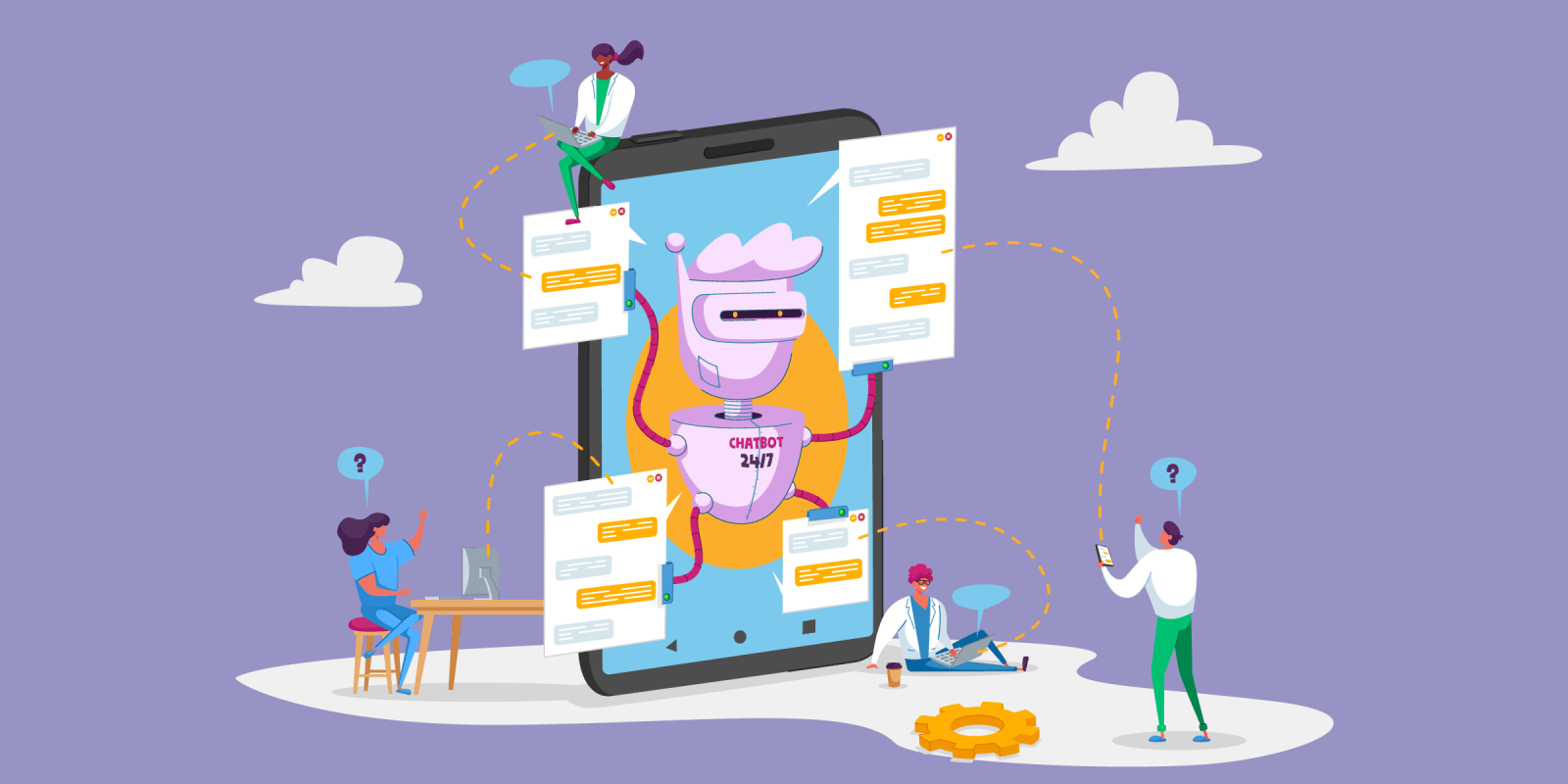Physician in Training: “Dr. Rod, I just had a really frustrating interaction with a patient. I was trying to explain my plan of care, but they just didn’t seem to understand what I was saying. I tried rephrasing and simplifying, but they still seemed confused. I even tried writing it down on a sheet of paper!”
I could see my young charge was frustrated.
Me: “Honestly, I’m really sorry to hear that. Communication with patients is a huge hurdle we all face and must overcome. This is only magnified when they’re dealing with health issues that can be overwhelming. Don’t be too hard on yourself, you’ll find the right method that fits you best. That’s what training is about, finding the most efficient routes to communicate and deliver care. The fact that you recognize the importance of this is a great sign, but it will take time. Take heart and wait. Press on.”
Our conversation ended as the young physician headed out for the evening, thinking over how the next round would go. I could see he was somewhat worried. I also pondered why our young charges seemed to struggle, more so than ever, with effective communication between colleagues and patients. The reasons are likely multifactorial:
- The COVID-19 pandemic
- Social isolation from lockdowns
- Lack of face-to-face interactions
- Shortages in the workforce/work-from-home models
- Health care access disparities across the nation
With more people spending time online, we have become accustomed to receiving information in short bursts, such as tweets, text messages, and breaking news headline banners on our phones. We expect it to be succinct and synthesized, skipping out on the processing it once took to build pathways to not only understand incoming information but to adapt the same workflow to future information.
While this may seem convenient, it has severely impacted our ability to communicate as we once did. Communal areas are dilapidated or no longer here post-pandemic, inhibiting natural conversation. People more recently than before would rather “remote-in” to work than drive and interact one on one. Thus it becomes evident why people often struggle to express themselves clearly or understand complex ideas. What will it take to overcome this?
It will take time to find out.
Enter artificial intelligence (AI) in 2023, namely ChatGPT.
Many are wary of the technology, unsure of the biases, unclear of the source material, and critical of the time it takes to learn how to use it well or the products it yields with its occasional “hallucinations.” With Doximity recently opening up the beta version of a ChatGPT iteration, DocsGPT, to help users with health care–related tasks, a small step toward helping improve communication in health care was taken.
The next morning, I approached our physician in training, inviting him to attempt to test drive this new technology. I posed a question and allowed him to come up with a prompt. “What if we ask DocsGPT to write the patient a letter concerning what you were trying to relay to them yesterday? Do you think this could help them in receiving what you proposed and reduce your and their frustrations?”
He took a sip of coffee and proceeded to enter text into the prompt bar. A letter was generated in a matter of seconds.
For the first time, he saw his thoughts in a new light, a new possibility opened up, and a new path forward was born. One where AI not only helps us generate information but also helps us rewire our thoughts in a useful way, overcoming a huge hurdle in any physician’s career … strong, useful, purposeful communication and reduced time wasted in frustration purgatory.
As a second-year Doximity Digital Health Fellow, I saw a dire need for more like-minded, forward-thinking individuals to step up in their workplaces and propose new solutions to common problems. Thus in this case of difficult interactions and post-pandemic anxieties in regard to AI, we must seek to apply it as a tool for it to truly yield a successful result for all involved.
The question on everyone’s mind is, “Can AI replace me?”
It can help, it is helping, and it already has shown great promise in the aforementioned story, where it helped to train a fledgling thinker’s mind to deliver hard news to a frustrated patient in an empathic tone that was sincere with a brush of hope mixed in. But it is far from being able to remove the need for the human to human interaction. So let’s dive in, unafraid and hopeful of the possibility that we can regain the connection to each other, even if it means we ask for help from an AI on remembering how to do this.
Yes, it will take time to discover new and creative uses for this, but it’s already started in 2023!
What have you found useful about AI in your career? Share in the comments.
Dr. Jesus Rodriguez is a family medicine physician and full-time teaching physician at a family practice residency in the Rio Grande Valley. Dr. Rodriguez is also enrolled in Doximity’s Digital Health Fellowship as a second-year fellow.
Image by lemono / Getty Images







